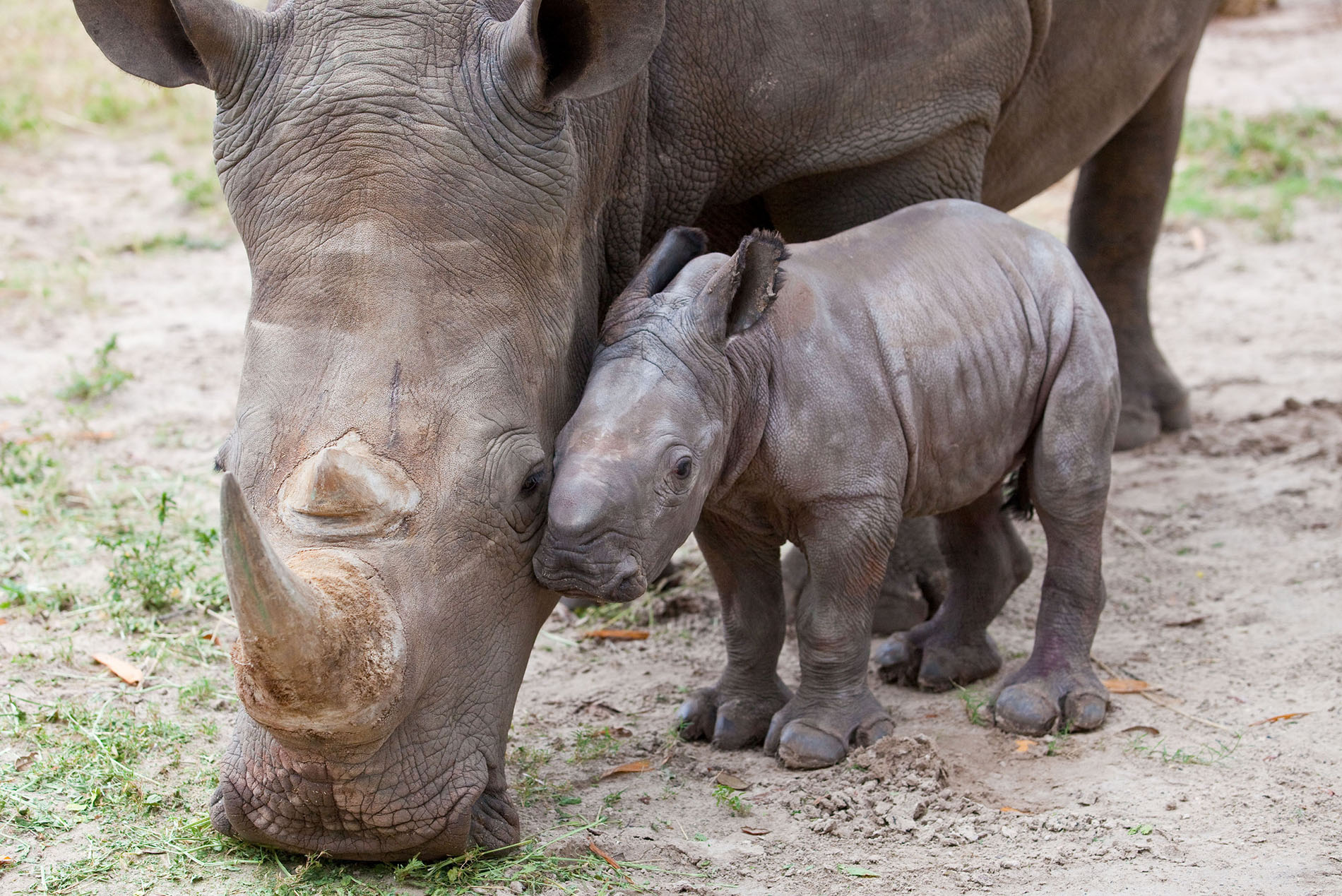Biodiversity
“The term biodiversity refers to the variety of life on Earth at all its levels, from genes to ecosystems, and can encompass the evolutionary, ecological, and cultural processes that sustain life” (American Museum of Natural History). The biodiversity of ecosystems, species and their genetic makeup are vital components of a healthy planet. They provide enormous benefits and are part of the global ecosystem we rely on for survival.
Most often, we hear about the importance of protecting the tropical rainforests, which contain approximately half of the world’s species. We also hear how familiar species such as the giant panda or the African elephant are in danger of extinction. Indeed, these species and the ecosystems which support them are precious to this planet. Yet, there are many other threatened ecosystems and species, around the world and in our own countries, which are just as important and as worthy of protection.
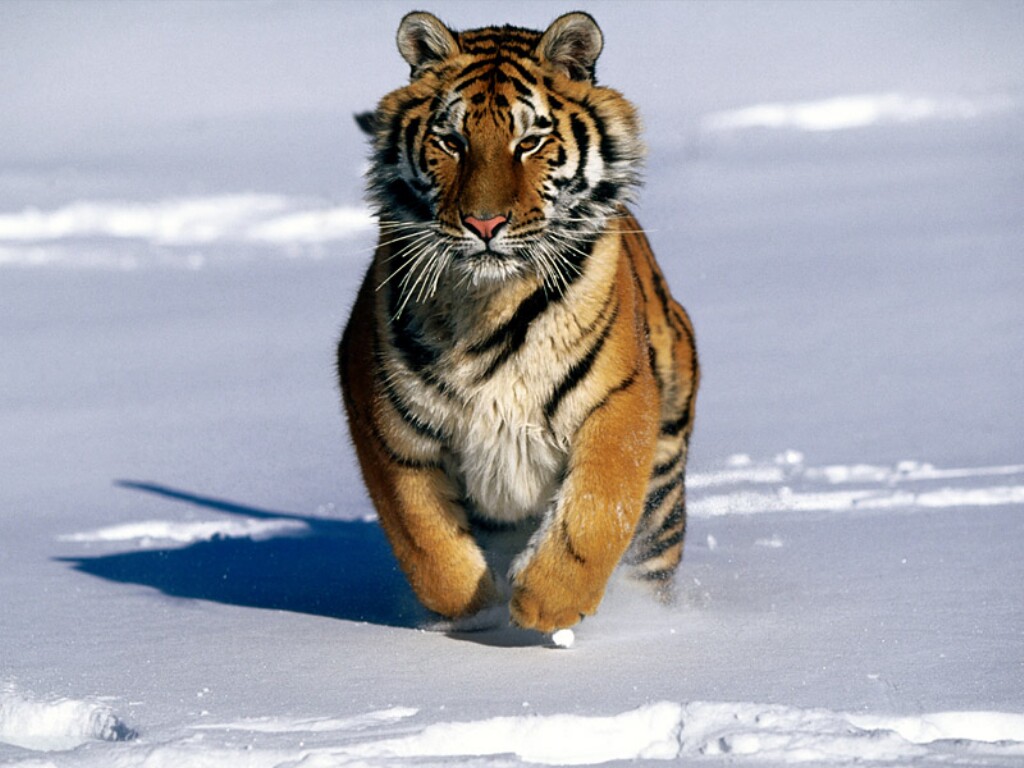
Increasingly a multitude of combined pressures, including human population expansion, over-exploitation of natural resources, pollution, climate change, urbanization and industrialization, are threatening the world’s biodiversity; in turn, the overall quality and survivability of life on this planet are greatly harmed. The IPBES Global Assessment Report on Biodiversity and Ecosystem Services (2019) estimated that 1 million species of plants and animals are at risk of extinction, and over half of a million species are without insufficient habitat needed for long term survival.
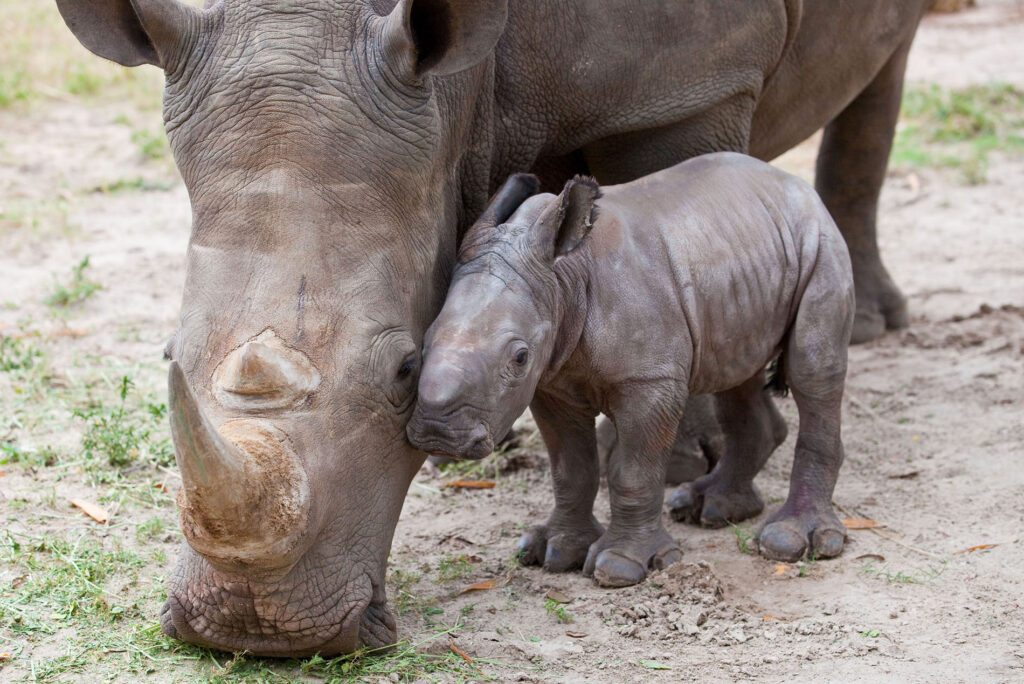
Why should we protect biodiversity?
- Humans depend on it – plants and animals provide us with oxygen, food, shelter, clothing and enjoyment. Plants are the primary source of medicine for many people, as well as the basis for many modern pharmaceuticals.
- All life depends upon it – ecosystems provide essential services such as pollination, air and water purification and climate regulation.
- It is good insurance – ecosystems that contain a diversity of genes and species are much more resilient and able to adapt to pests, disease and changing climate.
- Biodiversity means jobs and money – millions of people work in agriculture, fishing, forestry, pharmaceuticals and ecotourism industries.
- It’s spiritually important – many species are part of our cultural heritage, and nature is important to spiritual beliefs and psychological well-being.
- It’s an ethical obligation – all species have a right to exist, regardless of their usefulness to human life.
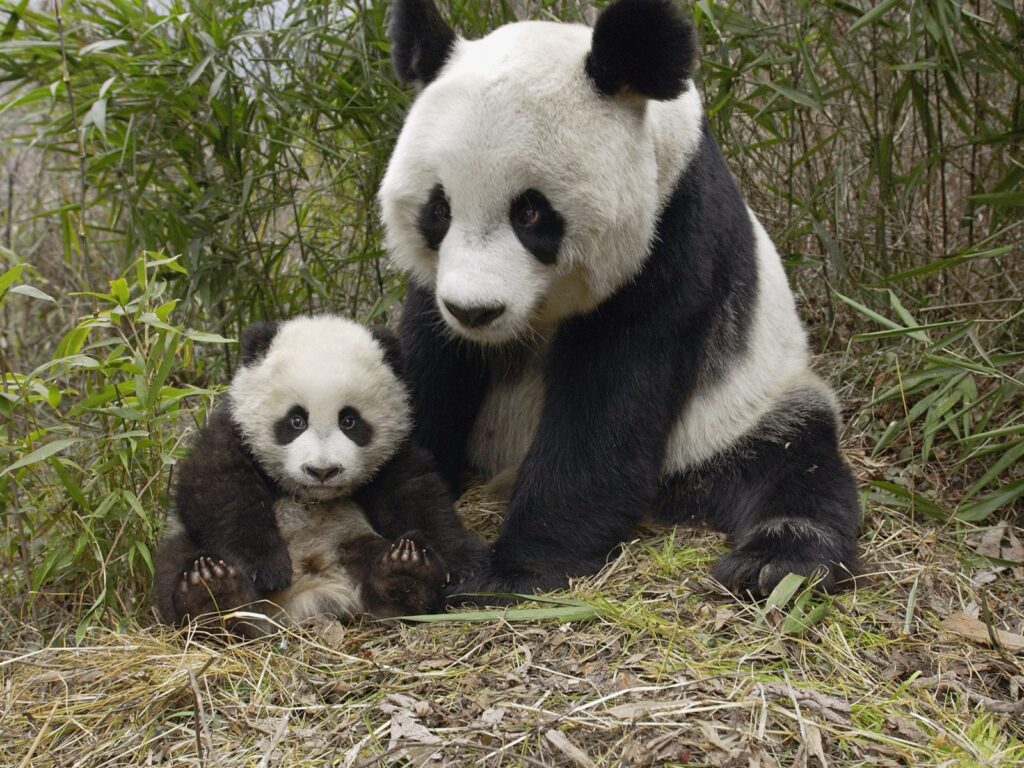
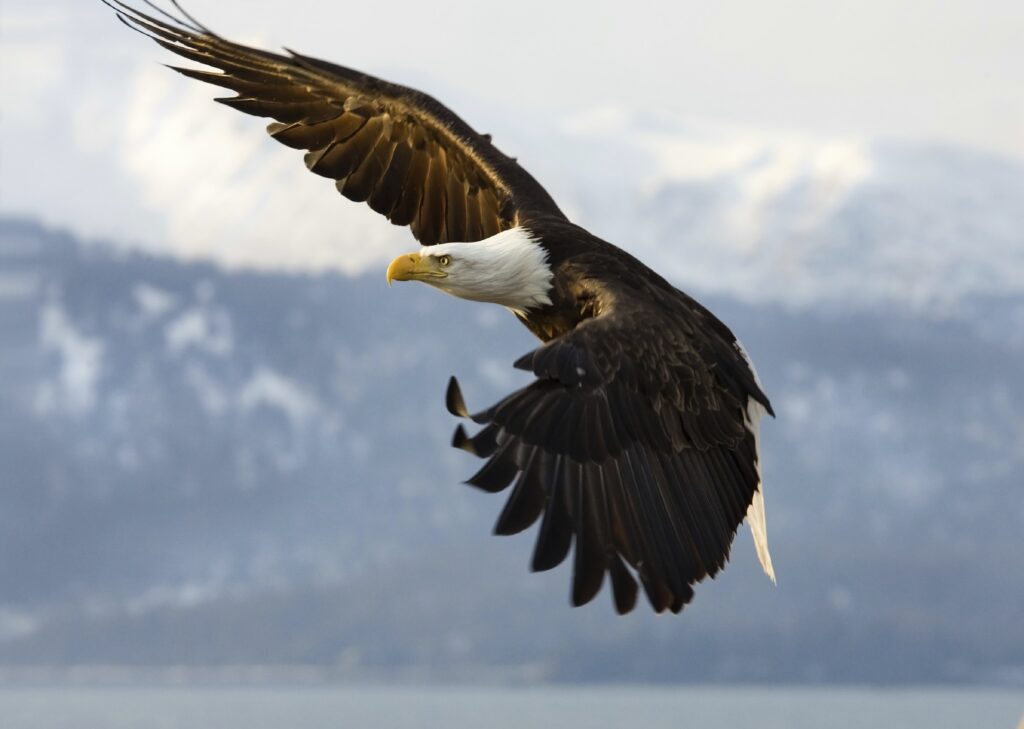
Fast facts
- University of Arizona research in 2020 shows that unless we can stop global warming, one-third of all species will be gone within 50 years.
- 25% of mammals, over 40% of amphibian species, nearly 33% of sharks, one-sixth of birds and 25% of plant groups are threatened with extinction.
- Between 1900 and 1999, 75% of the worldwide genetic diversity of agricultural crops has been lost putting our food supply at risk.
- In the last 500 years, human activity has forced over 900 animals to extinction. Many species are lost before they are discovered because of widescale habitat destruction.
- A total of 37,400 species of plants and animals are threatened around the world, in almost all cases as a result of harmful human activities (as of July 14, 2021).
- Several North American ecosystems are threatened including the St. Lawrence River, North American tallgrass prairie, Midwest Oak Savannah, and many wetlands, grasslands and forests. The main culprits are pollution, urban sprawl, and conversion to agriculture.
- The chief cause for species loss, according to University of Colorado scientists, is the destruction of natural habitats by logging, agriculture, and urbanization. Some 30 million acres of rain forest are destroyed each year. Canada’s boreal forests, another vital carbon sink, cover more than 1 billion acres. Over 1 million acres of boreal forest are clear-cut each year, more than 28 million acres from 2000-2020. This huge area represents 28% of the world’s boreal forests.
- In 1960, 5% of marine fisheries were either fished to capacity or over-fished. In 2017, 34.2% of the fish stocks of the world’s marine fisheries were classified as overfished, a “continuous increasing trend” since 1974 when it stood at just 10%.
- 168 countries have signed and ratified the Convention on Biological Diversity, including Canada. Canada is committed to protect 17% of land and freshwater by 2020. However, by the end of 2020, only 12.5% of its terrestrial area and 13.8% of its marine territory are protected.

